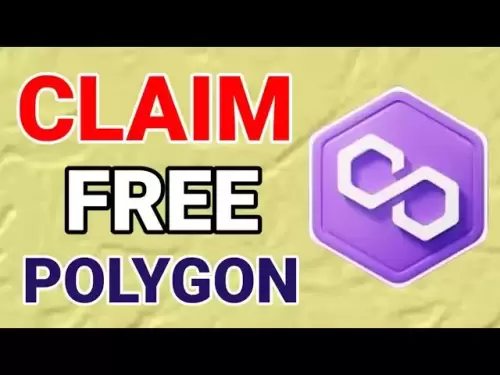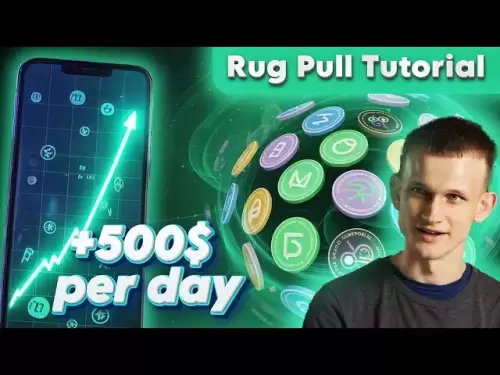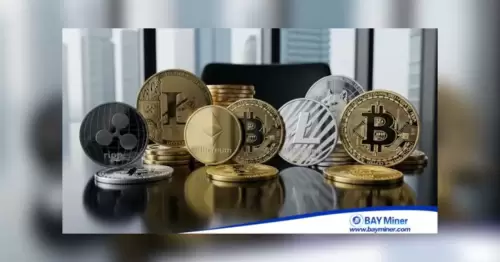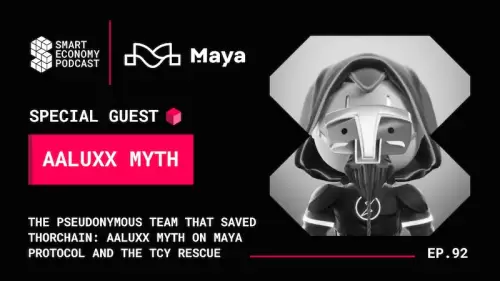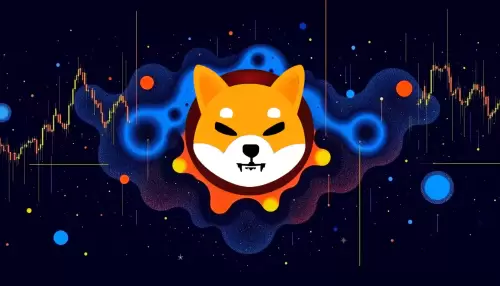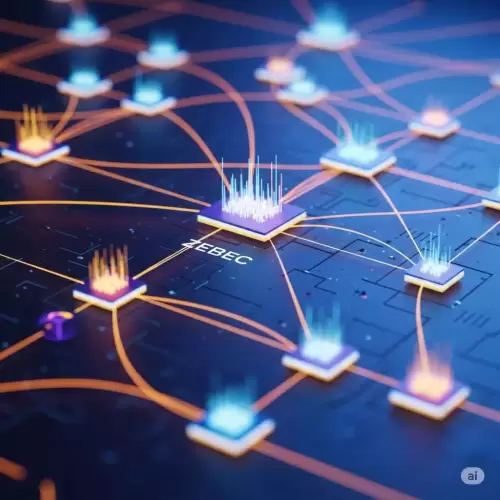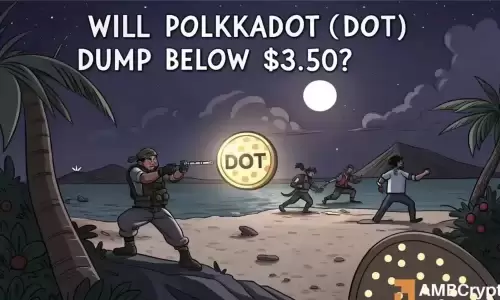 |
|
 |
|
 |
|
 |
|
 |
|
 |
|
 |
|
 |
|
 |
|
 |
|
 |
|
 |
|
 |
|
 |
|
 |
|
Cryptocurrency News Articles
tion: Jumping into the world of cryptocurrency can feel like learning a new language while riding a rollercoaster. Everyone’s talking about Bitcoin, NFTs, Ethereum gas fees, and memecoins — but if you’re new to crypto, the noise can be overwhelming and th
May 14, 2025 at 10:44 pm
uide to Buying Your First Cryptocurrency Token

Jumping into the world of cryptocurrency can feel like learning a new language while everyone’s talking about Bitcoin, NFTs, Ethereum gas fees, and memecoins. But if you’re new to crypto, all that noise can be easily avoided by focusing on a few fundamental things to help you make informed decisions and avoid common (and often costly) mistakes.
Before you buy your first token, here are a few key concepts to understand.
Cryptocurrencies aren’t stocks. They don’t represent ownership in a company (with a few exceptions like tokenized equity). Most tokens are digital assets with utility inside a specific blockchain ecosystem. Some are used for governance, others for staking, and some simply have speculative value.
Always research what the token does, what network it’s on (Ethereum, Solana, etc.), and whether it serves any meaningful purpose beyond price speculation.
To hold crypto, you’ll need a wallet — and not the leather kind. Wallets come in two main types:
If you’re just starting out, custodial wallets are easier, but learning how to use non-custodial wallets is a critical step toward long-term self-sovereignty in crypto.
Each transaction on a blockchain usually comes with a network fee, often called a gas fee. These fees can range from fractions of a cent (on networks like Solana or Avalanche) to several dollars (on Ethereum during peak congestion).
Before buying a token, check what network it lives on and whether moving it around will cost you more than it’s worth. You don’t want to pay $25 in gas to send $20 worth of crypto.
Most importantly: don’t invest money you can’t afford to lose. It’s a basic rule for any high-risk market, and crypto is no exception.
If you’re just starting out and want a place that breaks down blockchain basics, wallet security, smart contracts, and key terms without overwhelming jargon, check out this crypto learning hub curated by Coinpaper. It’s designed for newcomers and offers clear, structured explanations to help you build your foundation before diving deeper into the space.
Buying your first token can be both exciting and intimidating — but with the right knowledge and resources, it doesn’t have to be risky. Take your time to understand the fundamentals, test things out with small amounts, and stay curious. Crypto is a powerful technology, but like any tool, it works best when you know how to use it.
Disclaimer:info@kdj.com
The information provided is not trading advice. kdj.com does not assume any responsibility for any investments made based on the information provided in this article. Cryptocurrencies are highly volatile and it is highly recommended that you invest with caution after thorough research!
If you believe that the content used on this website infringes your copyright, please contact us immediately (info@kdj.com) and we will delete it promptly.





















